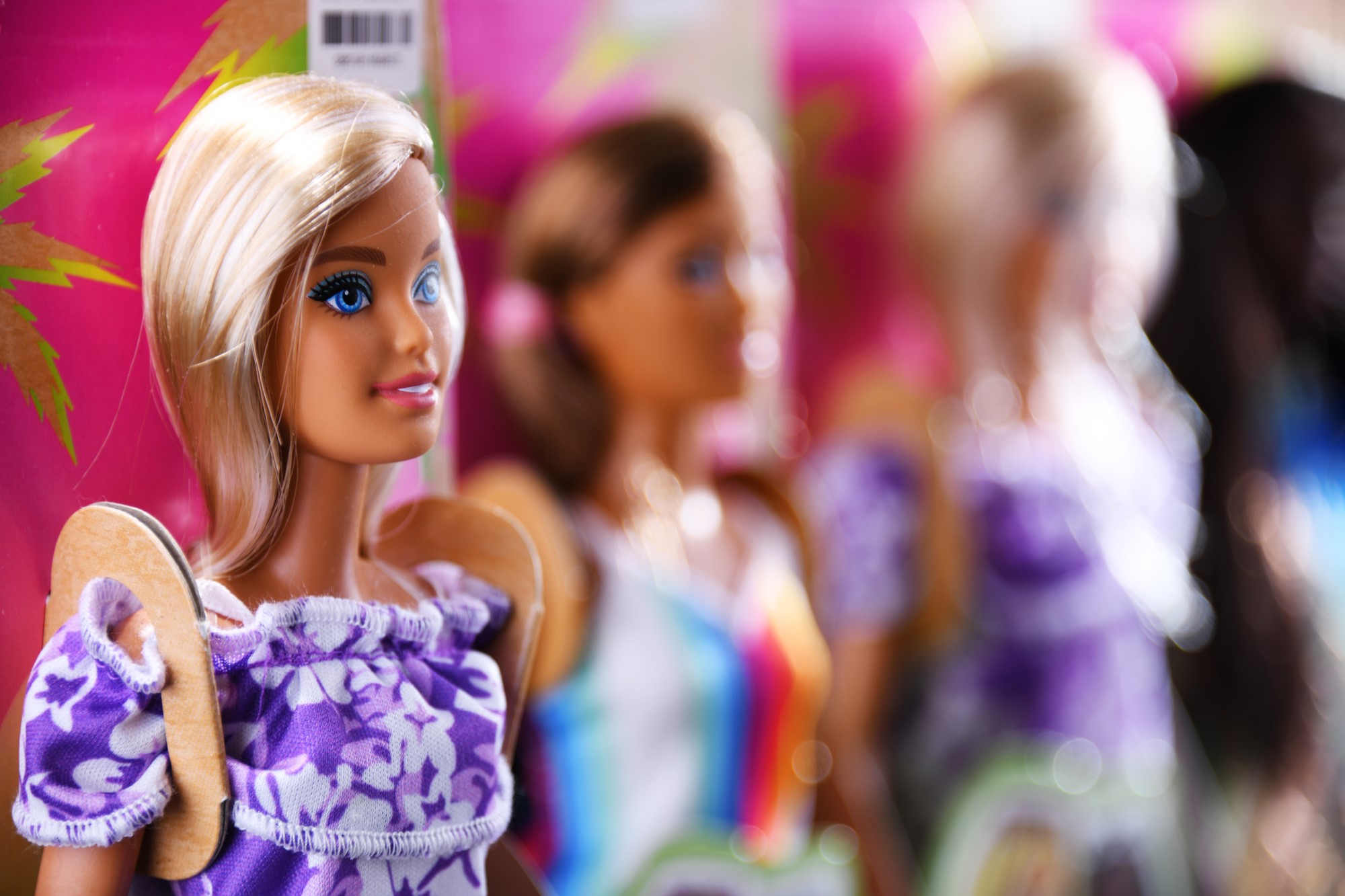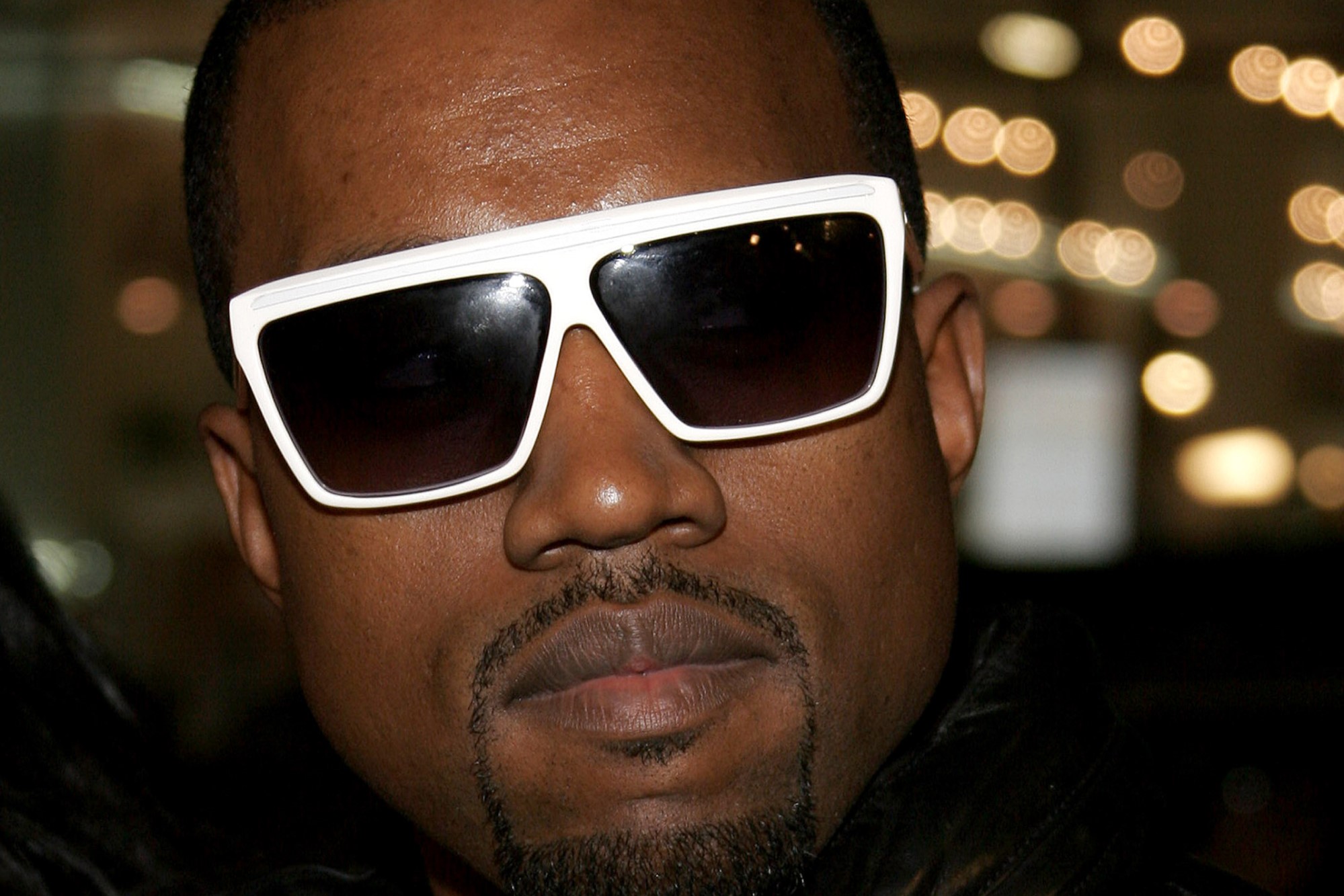‘Barbie’’s Stereotypical Feminism

Warning: The following article contains spoilers for the Barbie movie.
Greta Gerwig’s Barbie movie is a campy adventure with beautiful and loving attention to detail and the franchise that inspired it. Its thematization of patriarchy, however, feels underdeveloped.
In some ways, the movie’s feminist message works. At its core, Barbie appears to be a critique of girlboss feminism, or the idea that women’s professional success = feminist success. Women are expected to assert themselves and achieve greatness within a capitalist, job-centered framework to advance gender equality. While this kind of representation can be excellent, it can also place undue pressure on women to meet a narrow conception of success.
In the Barbie world at the beginning of the film, women are presidents, Supreme Court justices, astronauts, physicians, Nobel peace laureates, and more. Women hold all the power in the idealized world of Barbieland. Our main character, Stereotypical Barbie (played by Margot Robbie), begins thinking about death, develops flat feet, and finds cellulite on her legs. Afraid of becoming like Weird Barbie (played by Kate McKinnon), Barbie goes to the real world to try to return to her pristine state, and Ken (played by Ryan Gosling) tags along.
Once she gets to the real world, Barbie realizes that the aspirational representation of all the Barbies hasn’t actually solved the problems of patriarchy, while Ken discovers the allure of patriarchy and power. As the movie continues and the Kens take over Barbieland to make it into Kendom, Barbie starts to feel inadequate — she’s not President Barbie who would know how to lead or Astronaut Barbie who has technical competence. She’s just Stereotypical Barbie, expected to be perfect and pretty and happy and never sad. Barbie only begins to find the courage to stand up and fight as she allows herself to become more and more human, finally choosing at the end of the movie to fully experience what it’s like to be a woman in the real world.
The movie’s basic critique of girlboss feminism works. It expects too much of individual women and values women based on their external achievements rather than their internal worth. As Olúfẹ́mi O. Táíwò argues in Elite Capture, tactics like girlboss feminism don’t necessarily shift and change underlying class power structures, and they can easily get co-opted in the service of capitalism.
However, beyond the critique of girlboss feminism, the rest of the Barbie movie has strikingly little to say about the modern feminist movement. Girlboss feminism has been firmly out of fashion for at least two years now, and concerns have shifted more firmly towards anti-racist and LGBTQ+ struggles.
The Barbie movie sidesteps intersectionality, which is one of the core underpinnings of contemporary feminism. Coined by Kimberlé Crenshaw, intersectionality proposes that, for example, the oppression of Black women can’t be reduced to the oppression of Black men + the oppression of white women. Misogynoir looks different from transmisogyny, which looks different from misogyny against white women. Transmisogyny against rich, white trans women looks different than transmisogyny against poor, black trans women. This doesn’t mean that we can’t have a unified feminist movement, but it does mean that any successful feminist movement will need to engage in coalitional politics and recognize different experiences under patriarchy.
The Barbie world represents historically marginalized women – Black women, larger-bodied women, differently-abled women – as holding equal power within the Barbieland matriarchy, and patriarchy is the only axis of oppression and power that is explicitly considered. This somewhat simplifies the task of the film, but it obscures the way that patriarchy can’t easily be isolated from other systems of oppression. It’s nice to see all the different Barbies living their perfect dreams; as a statement on how to understand and fight patriarchy, however, it’s too simplistic and unidimensional.
The current feminist struggle is much more closely tied to LGBTQ+ struggles and anti-racist struggles. In large part this is because trans and gay rights directly challenge the patriarchy and because the patriarchy can’t be easily separated from histories of white supremacy. The feminist struggle against patriarchy, then, is explicitly an intersectional project that goes beyond feminism for white, cis women.
The movie also misses the mark when it comes to intergenerational feminism. At points the movie seems to misunderstand Gen Z activism. Early in the film, Sasha (played by Ariana Greenblatt) calls Barbie a “fascist” as a way to demoralize her. As far as I can tell, Gen Z activists use the word fascist more accurately and sparingly than the film suggests. When young activists called Tennessee legislators “fascists” because they would not allow select house representatives to speak, they were calling out behavior that served to uphold the rights of a limited part of the population under the guise of civility and tradition.
The film more strongly focuses on the feminism of Sasha’s mother, Gloria (played by America Ferrera), who calls out many of the double binds women experience in a patriarchal society to help the Barbies reclaim their power from the Kens. However, despite the film’s recognition of the kinds of emotional labor that women are expected to do, it still falls on Barbie to comfort Ken and help him make sense of his place in the world at the end of the film. Barbie even apologizes for neglecting Ken, though it’s unclear that she owed him more of her attention in the first place.
Finally, there is the supporting emotional labor provided by Weird Barbie (played by Kate McKinnon) and Allen (played by Michael Cera), both of whom are decidedly queer coded. Patriarchy and other systems of oppression tend to enact a division of labor between genders. Women are generally expected to do emotional labor for men, and lesbians and gay men are also expected to do emotional labor for heterosexual women. Both Weird Barbie and Allen engage in heroic actions to aid the Barbies even when they’ve been marginalized on the sides of Barbie society. If only the movie were more self-aware about the one-sidedness of this labor.
One of the things that the movie gets right is that the feminist struggle is more than just a fight between women and men. As Robin Dembroff argues, patriarchy values “real men,” who just happen to be the elites. In a beautiful dance sequence, Ken (played by Ryan Gosling) and Ken (played by Simu Liu) compete to see who is the more manly and deserving of power. Allen, Midge, Skipper, and other canceled Barbies also exist outside of the Barbie/Ken paradigm and yet are still shaped by its heterosexual norms.
We shouldn’t expect a toy movie to do everything, especially as Mattel would likely reject anything at all directly related to LGBTQ+ issues for its potential political backlash. But for a campy adventure that dives deep into the heteronormativity of children’s toys, it could have done a better job of questioning those gender assumptions in the first place.
I guess it’s time for me to rewatch But I’m a Cheerleader again.




